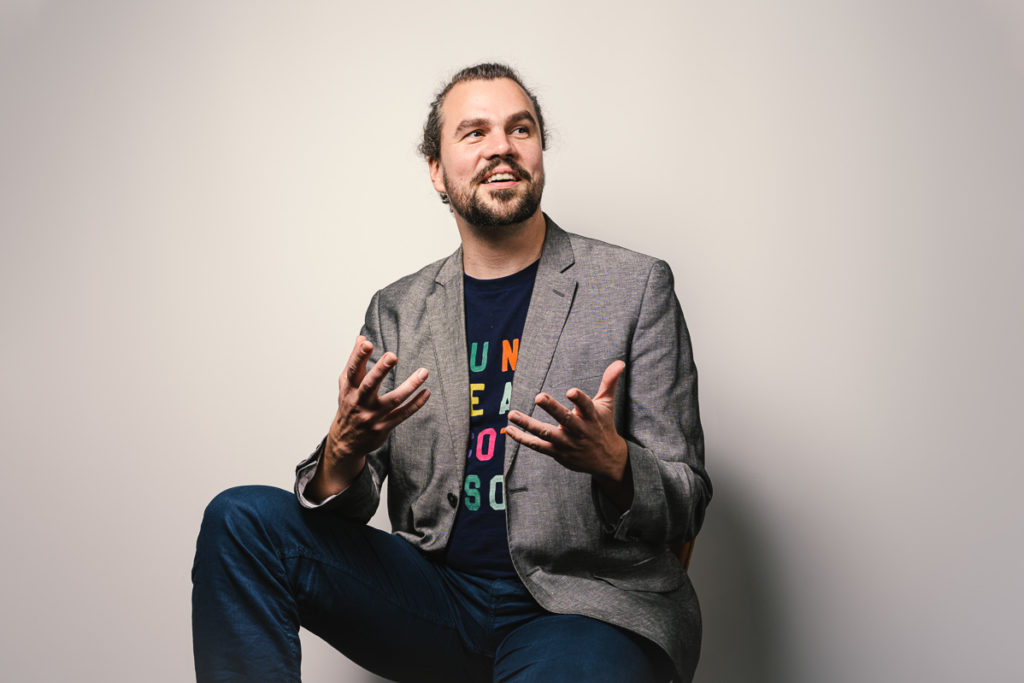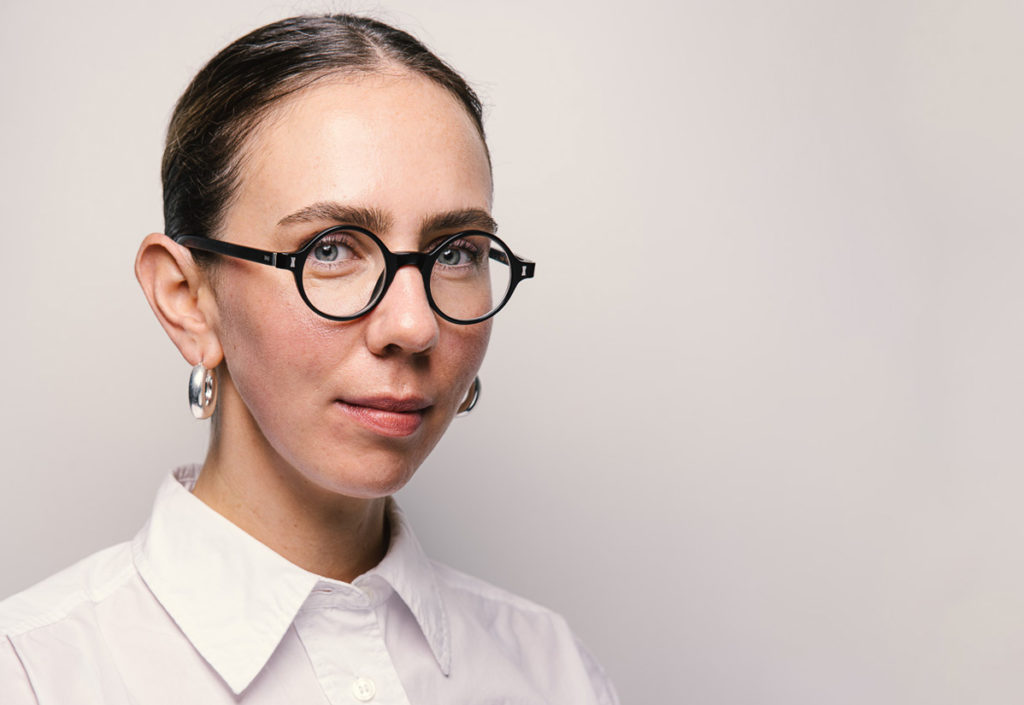What the FTX collapse teaches us about ethics

“You were really good at talking about ethics.”
“Hehe. I had to be. It’s what reputations are made of, to some extent.”
This is a small excerpt of a chat between journalist Kelsey Piper and former CEO of the cryptocurrency exchange FTX Sam Bankman-Fried, also known as SBF, just after his billion dollar crypto empire collapsed. FTX was one of the world’s largest exchanges for cryptocurrencies.
SBF was instrumental to the exchange’s meteoric rise, not least because he spoke in a language that appealed to Big Tech, investors and regulators. As one of the most prominent effective altruists, he donated swathes of money to social and political causes. Effective altruism is a movement that aims to do the most good for the greatest number of people. Yet, one of the movement’s most influential members turned out to run a multibillion-dollar Ponzi scheme that has done the greatest financial damage imaginable to a large number of people.
The danger of ethics washing
In early November 2022, FTX filed for bankruptcy, wreaking havoc to the crypto ecosystem. The new CEO John J. Ray, who had been brought in to clean up FTX’s implosion, said that he had never seen “such a complete failure of corporate controls.”
While FTX came tumbling down, it became clear that SBF’s carefully curated persona as an ethical entrepreneur was as false as the success of his business.
SBF’s chat with Kelsey Piper reveals that publicly endorsing “ethics” can actively boost a corporation’s image and reputation. The growing focus on ethics in technology is a positive development—but it also brings risks that leaders must carefully manage.
On the upside, both the public and policymakers are paying closer attention to the ethical impacts of emerging technologies.
Not long ago, conversations about privacy, integrity, fairness, and safety took place on the margins. Today, technologies like AI and crypto face increasing scrutiny. Ethics isn’t optional anymore—it’s becoming a core requirement.
On the downside, however, this has led to the risk of ethics washing.
Ethics in technology has exploded into countless frameworks, discussion platforms, courses and Ted talks. Yet, this explosion has not been accompanied by sufficient efforts for professionalisation and consolidation, which has enabled people like SBF to get away with using it as means to mask vastly unethical practices.
Tech ethics after FTX
Despite SBF’s cynicism and failures the answer is not, as Elon Musk seems to think, to get rid of ethics altogether. This would be similar to saying that banks, after the financial crisis in 2008, needed less rather than more ethics and oversight.
Instead, we should take ethics even more seriously than we have until now. It is not enough to have a nice statement of principles, a framework with all the right words, and a philanthropic face of the organisation.
There are at least three ways forward from here.
First, ethics in the technology space requires greater scrutiny and credentialization. Thinking through ethical dilemmas is a difficult task that requires experience and expertise.
Just as people on ethics boards working in hospitals need the right qualifications, so do ethicists working on technology. As SBF has demonstrated, it is not enough to master the “language of ethics”. Experts need to be familiar with philosophical ways of conceptualising and solving problems, as well as knowing ways to translate these into business practices.
Second, leaders shouldn’t base their commitment to ethics solely on public perception. If a corporation takes ethics seriously, it needs to focus on walking the walk and not just talking the talk.
There are proven ways to do this. Corporations should ensure that people throughout their organizations are engaged and empowered to act ethically every day. This means taking an integrated approach: building systems and nurturing a culture that prompt people to recognise ethical challenges when they arise and supporting them in taking the right course of action, even when it is hard. Effective oversight and governance processes ensure rigour, as does the support of independent experts, who can also help identify and avoid conflicts of interest.
Third, ethics in technology development could benefit from institutionalisation efforts to lead to greater maturity and trustworthiness.
Crucial to this development is that policy makers and industry actors consolidate efforts, as has been done with – for instance – environmental impact assessment. This development is well on its way, with organizations like ISO and IEEE coordinating on new global standards for responsible technology development.

About the author
Wessel Reijers is a Senior Associate at Principia. His focus is on turning abstract ideas in ethical and political theory into practical applications for engineers and policy makers.

About the author
Christine Jakobson is an Engagement Lead at Principia, where she has worked on projects across technology, finance, energy, law, audit and insurance.



